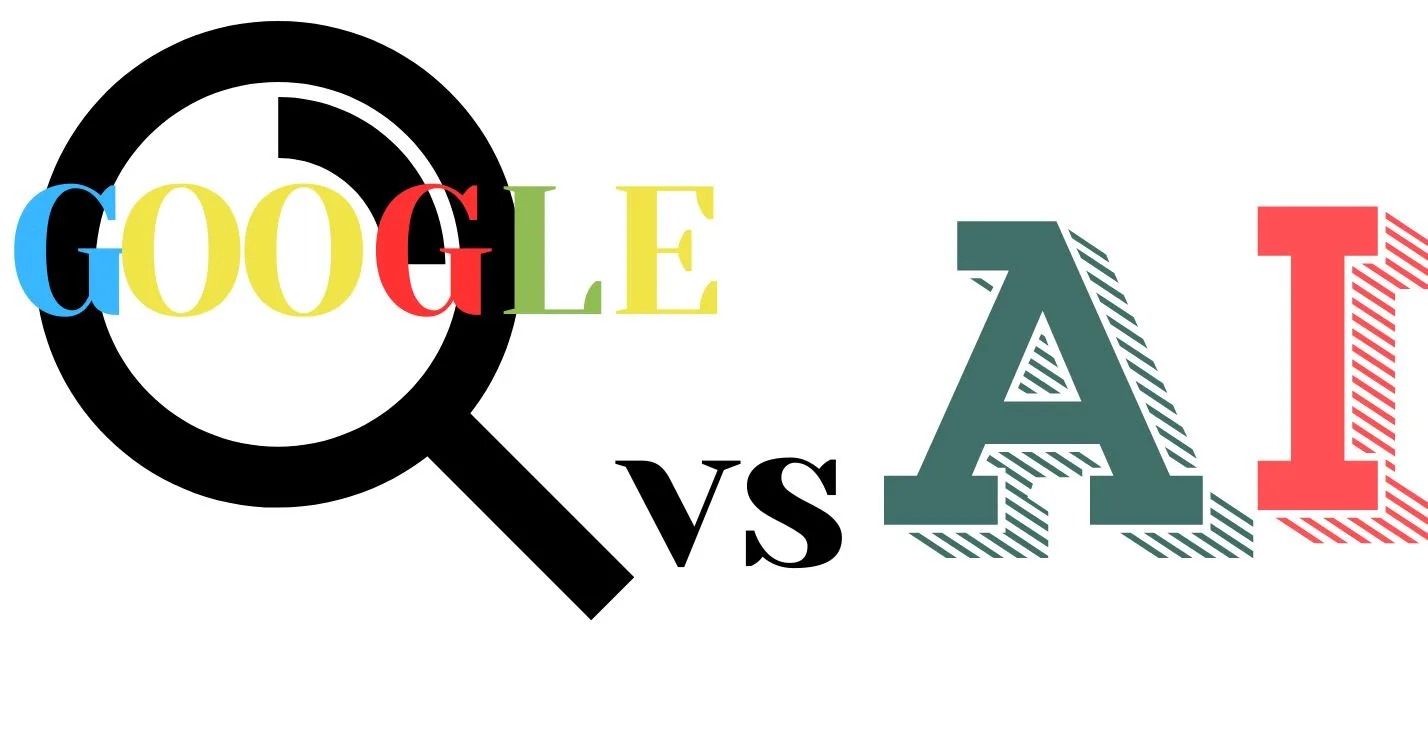I’ve lived on this planet for over two decades and could not separate the web from Google. Anything is hard to find elsewhere, whether academics or entertainment, just Google it.
That’s how it’s been until recently!

Over 90% of the global searches on the web belong to Google. All devices, especially in the past, came pre-linked to Google.
With everyone coming to you for solutions, you have to be resourceful.
Where does Google get the answers?
To answer the question, I will relate the search process to a big supermarket. Name any you know are in your local area.
We always go to the giant shops for almost anything we want. But there are people, like traders and manufacturers, who contribute or sell the items to these supermarkets.
They refill every time the shelves are empty. Sometimes we ask for items that are not available, and shop attendants direct us to related products.
Now take Google as the supermarket owner. It allows traders—in this case, writers, researchers, photographers, reporters, and everyone else with information—to display their items.
When you go to Google to search for a specific item, through its powerful algorithms (attendants), you are shown the product.
In cases where you look for something that no one has uploaded on Google, it always directs you to a related item.
For many years, the system has worked very well. Other supermarket owners say Microsoft, Yahoo, and Baidu were close to providing the best service to Google.
AI, on the other hand, searches for items differently. (read more about AI)
I would relate to AI as having your magical machine that makes almost all the items you want to use. This magical machine was trained to make all the items in the supermarket. If you buy a book, it will write the same as that in the supermarket; if you buy a song, it will write and even sing. The issue with this machine is that, at times, it may produce completely wrong results for the item.
Which one would you prefer?
It is not hard to realize how AI searches for items very simply. You don’t have to walk down aisles to look for items. As it is for Google’s model, it brings many results for a single search. AI is capable of giving one simple answer to rely on, but it also provides links to other items just in case you are not satisfied with the answer.
The problem comes with trust and how true the results are. Even if Google does not provide one single answer to the question, It has been known for facts and truth. Why? Because most owners or researchers of the information uploaded these answers themselves. Google’s role is to rearrange these results to suit the demands of buyers.
On the other hand, since we said it was magical, there is still a lot we have not found about it. Come on, it is magical, so even if it has no idea, it is likely to forge an answer. And what is worrying is that it won’t present any value in terms of accuracy. You have to take what it produces.
What is the future of search?
Well, I believe we’ve tasted the sweetness of AI, and it is now impossible to go back. Google has not yet been overtaken by AI. Even though it has created a big wave in search, As the biggest AI search platform, Open AI reached 100 million users in just 2 months.
Every search engine, or even social media, has to have this magic solution creator called AI. It is evident that most major companies in the search business, including Google, Microsoft, and Meta, have incorporated AI as part of the search process.
As far as attaching AI to searches is concerned, Microsoft has done what Google has yet to do. Copilot, an AI assistant from Microsoft, helps you get results more quickly than ever. First, it models the answer in a human tone and includes the links from which it generates these answers.
Google’s Gemini has not been consistent with this trend of providing links. We can guess that providing shortcuts to answers greatly impacts the ad business.
What are ads?
When you search for anything on Google, Google lists the pages that have answers to your questions. The privilege to even get a list of answers is charged with advertisements from companies selling items. As you are looking for answers, an advertisement pops up, and you are interested in clicking that to pay more money for Google and the page you are getting answers from.
That business model will not go away even if AI takes over; otherwise, search engines will go out of business.
Conclusion
AI has highlighted the future of search engines already. At the moment Google is the leading search engine. If Google focuses on AI in its engine, I believe it will keep leading.
Google down may happen only if it does not take AI seriously.








Leave a Reply